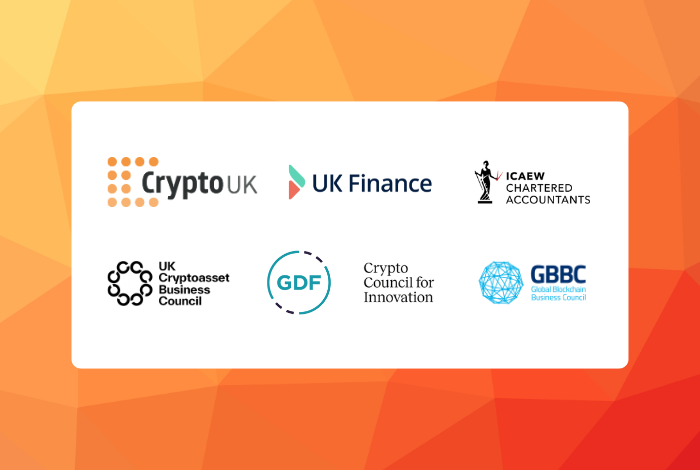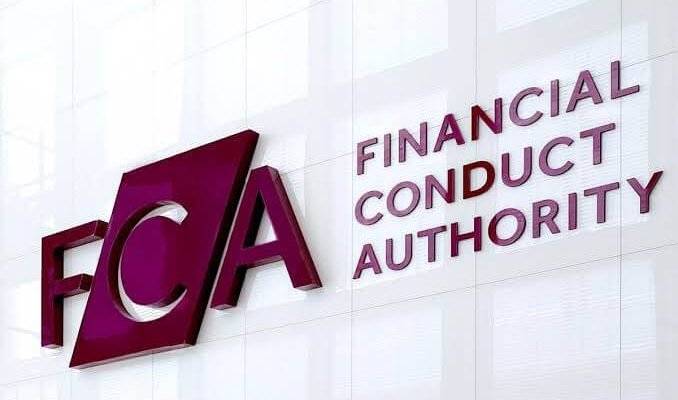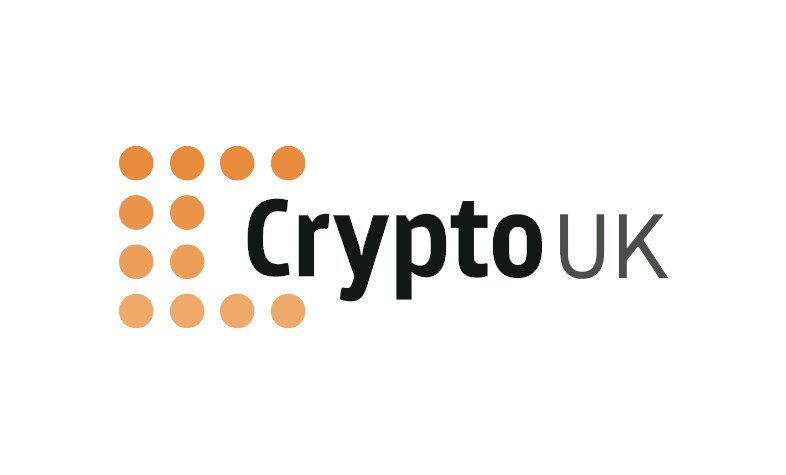
The future of the UK cryptoasset market
In light of the FTX collapse, associated market fallouts, congressional hearing and court proceedings, we anticipate more regulatory oversight and scrutiny in the cryptoassets market. We anticipate this will lead to more clarity around governance, controls and operating models for UK-based entities. We are cognizant that the year ahead will be busy in terms of collaboration, education and regulatory implementation for CryptoUK member organizations, including Ernst & Young LLP (EY). Work is in progress, from additional consultations regarding market integrity and consumer protection.
In 2021, the Financial Conduct Authority’s (FCA) Temporary Registrations Regime (TRR) stalled with applications being delayed or declined for a variety of reasons coming from both sides, tempting some businesses to seek opportunities to domicile offshore. But there has been some progress, although not as much as expected. This brings a guarded sense of optimism to the sector and should ensure that we can start progressing in the UK by determining a fit-for-purpose regulatory framework to encourage growth and innovation. On 9 December 2022, Chancellor Jeremy Hunt announced a package of proposed measures relating to financial services called the Edinburgh Reforms. The government’s plan to drive growth in financial services, cryptoassets included, contains, amongst other measures:
- Consulting on a UK retail central bank digital currency in association with the Bank of England in the coming weeks
- Publishing a response to the consultation on expanding the investment manager exemption to include cryptoassets.
Comparison with the global market
Globally, the cryptoassets market has been experiencing volatility. The International Monetary Fund reported that the global market value rose to US$3 trillion at the end of 2021 and has plunged to less than US$1 trillion in recent months. This crash in value, coupled with the collapse of specific tokens, a hedge fund, a range of cryptoassets investment firms and now FTX, is fuelling concerns about the risks that cryptoassets pose to consumers, investors and financial systems as a whole.¹
Against this backdrop, stakeholders have differing views on cryptoassets and their potential impact on traditional financial services firms, crypto natives and policymakers. Regulators and policymakers shouldn’t ignore this kind of disruption, irrespective of their jurisdiction.
President Biden’s recent executive orders in the US recommended a federal government approach to cryptoassets, empowering various regulators to bring solutions forward. Securities and Exchange Commission (SEC) Chair Gensler continues to call for cryptoassets to fall under the SEC’s purview; however, the Commodity Futures Trading Commission also wants a role to play regarding derivates. Congress, too, has a say, as evidenced recently by the US Senate Banking Committee Chair, Senator Sherrod Brown, writing to the Treasury Secretary Janet Yellen in the wake of the FTX collapse to lead efforts on the drafting of legislation.
At the European Union (EU) level, regulating cryptoassets has been a key concern for EU institutions in recent years. This started with the European Commission (“the Commission”) when it proposed regulation on Markets in Crypto-Assets (MiCA) and the Distributed Ledger Technology (DLT) pilot regime in Q3 2020. These legislative initiatives aim to bring all cryptoassets and service providers within the perimeter of the EU’s financial services regulatory framework. In 2023 we expect the MiCA to enter into force and see some significant progress on the digital Euro initiative, including a proposed legislative instrument to accompany the digital euro by the European Commission.
Regulatory and public policy direction
The combination of increased digitalization in financial services, recent geopolitical challenges and market developments continue to raise the focus on cryptoasset regulation in the EU, US, UK and other jurisdictions globally. This has been the case for regulators, supervisors, policy-makers and retail and institutional investors. But there is a consensus that the underlining technology is worth investigating and keeping, while an agnostic regulatory framework is needed quickly.
The recent inquiries into crypto and digital assets by the Treasury Select Committee (TSC) and an All-Party Parliamentary Group (APPG) have provided multiple opportunities for CryptoUK and its members to contribute towards broader discussions and political engagement.
During the TSC oral evidence session in November 2022, it was highlighted to the committee that during the last inquiry in 2018, the industry had called for the need for regulation. Unfortunately, the lack of clear regulatory guidance has led at times to some poor practices. Furthermore, it was also noted that HMT had pledged to form a cryptoasset engagement group earlier this year, but this has yet to come to fruition. More education, resources and other forms of empowerment for the regulator would also be warranted, as the FCA needs upskilling to boost its understanding of the sector. This would enable the regulator to better cater to organisations seeking support and guidance on regulatory expectations for control environments and license applications to operate in the UK. We, as an industry, aim to do all that is possible to increase our collaboration with the UK regulator to support bridging the knowledge gap, to explain further how our sector works and to showcase the efforts we are taking to develop robust operating models. It is essential for firms with strong and durable operations to be supported and championed by the ecosystem.
We have seen increased FCA activity in the anti-money laundering (AML) and sanctions spaces, with reviews conducted to assess control adequacy and the FCA clarifying that firms need to identify, mitigate and manage money laundering and sanctions risks. The war in Ukraine resulted in the imposition of additional sanctions. This increased focus on the adequacy of sanctions controls in place at firms, who had to ensure their sanctions controls had been updated. Fraud is another area in which the sector can expect increasing focus from the FCA.
Furthermore, the Financial Action Task Force Travel rule has been agreed upon and incorporated into UK legislation and will come into force in September 2023. This has been agreed upon before the EU implementation and demonstrates the UK government’s commitment to regulate the cryptoassets sector and bring transparency to crypto transactions to tackle crime. We believe this is a step in the right direction to bring trust to the sector.
But there are also ongoing issues with the sector’s banking relationships across traditional finance. Many crypto firms can still not secure basic banking services, which constitutes a significant barrier to growth. The latter, coupled with the added challenges caused by several banks banning or severely limiting transactions to customers’ accounts from crypto exchanges, make for a difficult environment for crypto firms.
While we understand the Financial Services and Markets (FSM) Bill aims to bring regulation for stablecoins, we are cautiously waiting to see how this will unfold and impact the sector as a whole, particularly given some of the restrictions being proposed through recent amendments to the financial promotions limitations and requirements being placed on organisations in this sector.
Lastly, we must stress the importance of nuanced regulation to cater for the diverse nature of the cryptoasset ecosystem and the need for a regulatory framework to protect consumers.
Key considerations for the future
- Continued progress towards infrastructure and interoperability improvements (e.g., cross-chain bridge security improvements). This was noticeable in the previous down-cycle, where significant capital deployed in the up-cycle was starting to be deployed to build new solutions.
- More adoption by traditional finance institutions. With a specific focus on technology, for example, tokenization, custody and institutional trading. While this trend could expand opportunities, how this impacts the overall market remains to be seen.
- Clearer governance and transparency. The industry’s response to the FTX collapse will be key, and all efforts to negate future issues will be scrutinised by all. A drive towards more transparency and trust is noticeable, for example through fit for purpose assurance frameworks, but more work is needed. While progress is slowly being made, any progress towards more legal certainty will also be an important factor to keep an eye on.
- The industry’s reputation and its focus on regaining consumer trust and protection.
- Financial promotion restrictions and how best to navigate these for organisations impacted by the changes proposed by HMT and within the FSM Bill.
- As mentioned above, increasing focus by the FCA on AML, sanctions and broader financial crime controls. We envisage increasing enquiries by the regulator for firms in the sector and hope to see clearer and more specific AML and sanctions guidance. Firms with an EU presence should also be mindful of the EU’s new AML package, which is progressing at pace and should conclude by the end of 2023. However, we are mindful of potential deviations in AML requirements between the EU and UK. Establishing an EU anti-money laundering authority (AMLA) may mean different and potentially more enhanced supervision for the crypto sector.
Are we still heading towards making the UK a crypto hub? Reflections for 2023
After the political turmoil experienced in 2022, we understand that the strategy issued in April 2022 will continue to be driven forward by HMT, including announcements made in the context of the Edinburgh Reforms. We foresee additional resources being allocated at both the government level and the regulators as a sign of acknowledgement of the scale of the industry and the fact that it is here to stay.
Everyone in our industry must engage with the government to help them understand both the issues and benefits this innovative technology brings to the UK, namely in the areas of:
- Jobs and tax revenue
- New skills
- Financial freedoms and inclusion
- Better payments networks
- Efficiencies in financial markets infrastructure
- New markets (e.g. digital assets trading)
The UK has a prime opportunity to further strengthen its leadership position in financial services. This drive forward will require a public-private joined-up effort and articulating a fit-for-purpose regime. Government and regulators must collaborate closely with the industry to define and implement a sustainable and clear approach.
¹ Crypto Prices Move More in Sync With Stocks, Posing New Risks,” IMF Blog, https://blogs.imf.org/2022/01/11/ crypto-prices-move-more-in-sync-with-stocks-posing-new-risks/, January 2022. AND Bloomberg: Bitcoin Price (BTCUSD) Falls 9% to $25,000 Level, Lowest Since December 2020 – Bloomberg
This publication contains information in summary form and is therefore intended for general guidance only. It is not intended to be a substitute for detailed research or the exercise of professional judgment. Member firms of the global EY organization cannot accept responsibility for loss to any person relying on this article. The views reflected in this article are the views of the author and do not necessarily reflect the views of the global EY organisation or its member firms.









